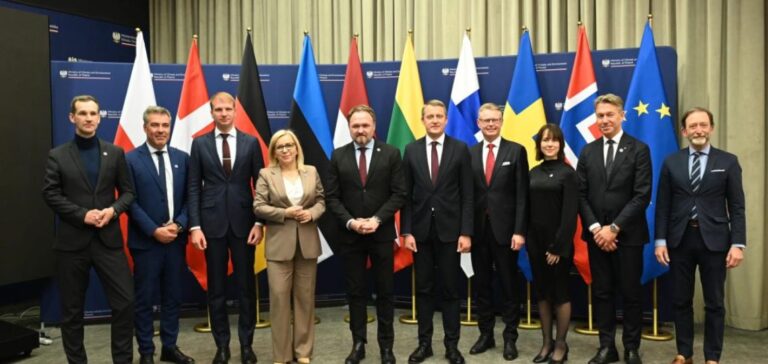On May 13, a new Memorandum of Understanding (MoU) was signed during an informal meeting of European energy ministers in Warsaw. The document, concluded between European Commissioner for Energy and Housing Dan Jørgensen and energy ministers from the member countries of the Baltic Energy Market Interconnection Plan (BEMIP) High-Level Group, aims to strengthen regional infrastructure and accelerate the completion of strategic energy projects.
The signatories agreed to work closely on investments in interconnections, market integration and the promotion of energy efficiency. The protocol also refers to the exploitation of the region’s potential for renewable energy production, both onshore and offshore.
Focus on critical infrastructure security
The agreement comes as the region reinforces its energy security measures, particularly in relation to the Cable Security Action Plan adopted in February 2025. The plan emphasises prevention, detection, response and deterrence in the face of threats to submarine and other critical infrastructure.
During the meeting, ministers discussed the risks affecting energy security in the Baltic basin. Commissioner Jørgensen stated that the agreement “will accelerate regional cooperation on interconnectors”, highlighting its importance in protecting submarine cables under current geopolitical pressures.
Expanded objectives for regional integration
Since its creation in 2008, the BEMIP group – composed of the European Commission and eight EU Member States, with Norway as an observer – has worked to end energy isolation in the region. The protocol signed on May 13 continues this goal by deepening the integration of Baltic energy networks into the continental European system.
Efforts also target the synchronisation of the three Baltic States with European grids, the reinforcement of transmission capacity in remote Nordic areas, and the development of a decarbonised regional gas market. The protocol also supports the gradual transformation of gas systems and the enhanced use of regional energy efficiency resources.






















